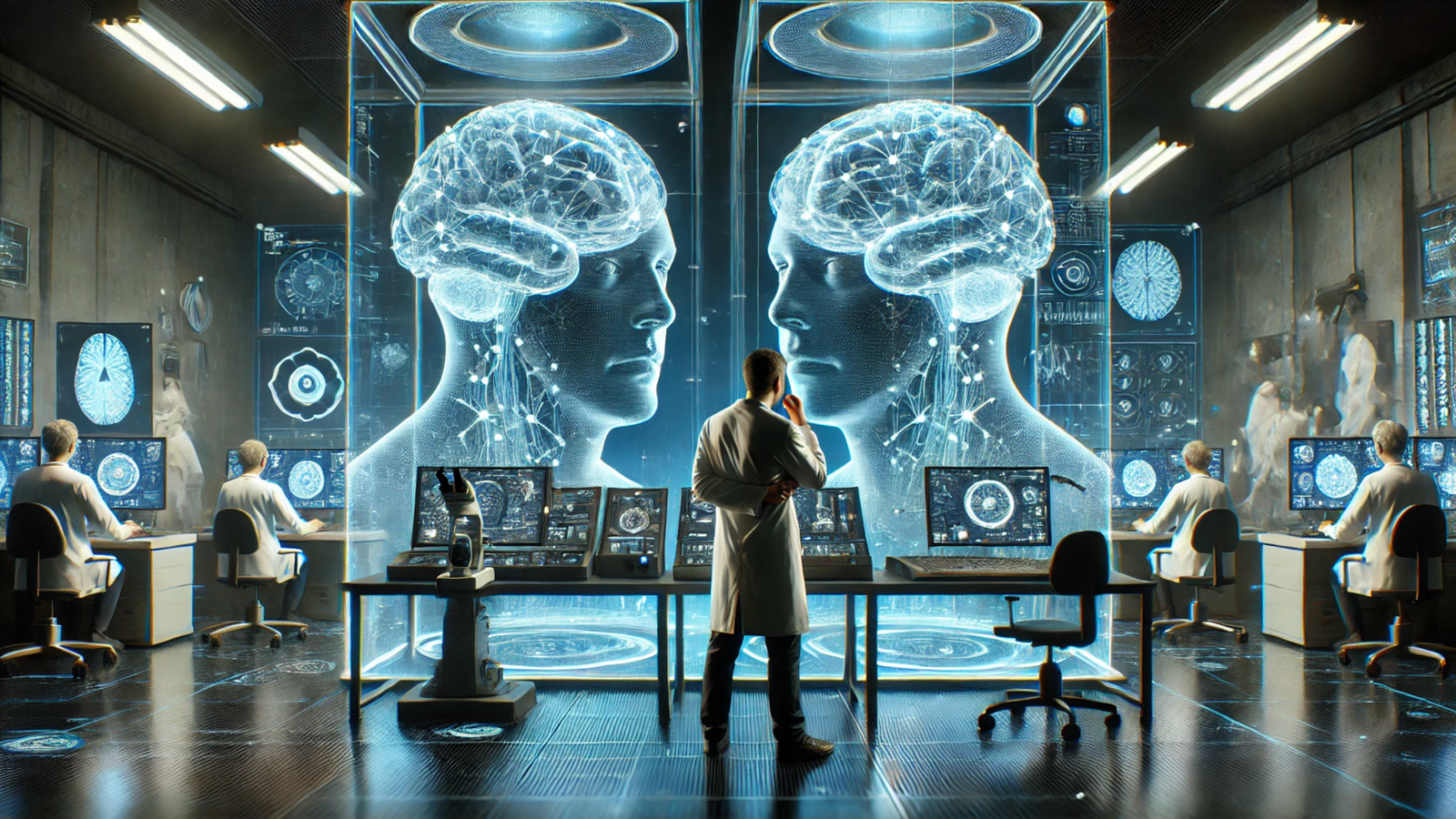How Science Failed to Unlock the Mysteries of the Human Brain | The Untold Truth
How Science Failed to Unlock the Mysteries of the Human Brain
The human brain remains one of the most profound enigmas of our existence. Despite groundbreaking advancements in neuroscience, artificial intelligence, and cognitive research, science has failed to unlock the mysteries of the human brain completely. It is the command center of our thoughts, emotions, and actions—yet its deepest secrets remain hidden.
The Consciousness Puzzle: A Scientific Dead End?
One of the biggest failures in neuroscience is the inability to explain consciousness. Despite advanced brain imaging and computational models, we still do not know how subjective experiences arise from neural activity. This knowledge gap has led some scientists to argue that consciousness is beyond the scope of scientific understanding.
Recent research in quantum mechanics and cognitive science has suggested that consciousness may not be a purely biological phenomenon. Theories such as panpsychism propose that consciousness exists at a fundamental level of reality, challenging the very foundation of traditional neuroscience.
The Brain vs. Artificial Intelligence
With the rise of artificial intelligence, many believed that replicating the human brain was only a matter of time. However, AI has only highlighted our limited understanding of the brain. While AI systems can process information faster than humans, they lack emotions, intuition, and self-awareness—traits that define human intelligence.
The brain is not just a supercomputer; it is an intricate network influenced by emotions, experiences, and social interactions. AI may mimic logical reasoning, but it fails to capture the depth of human cognition.
Emotional Intelligence: Beyond Science’s Reach
Science has made great strides in understanding cognitive intelligence, but emotional intelligence remains a mystery. Why do people react differently to the same situation? How do emotions influence decision-making in ways that are not purely logical? These questions remain unanswered.
Even though psychology and neuroscience have explored emotions, they have not been able to quantify the subjective nature of human experiences. This is another area where science has failed to unlock the mysteries of the human brain.
Unanswered Questions: What Lies Ahead?
Despite remarkable advancements in neuroscience, the human brain continues to guard its deepest secrets. Many fundamental questions remain unanswered, leaving researchers puzzled and theorists divided.
How does the brain generate thoughts? Are they merely the result of complex neural connections, or is there a deeper, yet undiscovered force at play?
Why do we dream? Is dreaming simply the brain’s way of processing information, or does it serve a greater purpose tied to memory, emotions, or even alternate realities?
What causes consciousness? Is it a byproduct of brain activity, or does it originate from a source beyond our current scientific understanding?
These lingering mysteries highlight the limitations of modern science in fully decoding the complexities of the human mind. Perhaps the key lies in a new approach—one that transcends traditional neuroscience and embraces interdisciplinary insights from quantum physics, artificial intelligence, and even philosophy. Until then, the human brain remains an enigma, a puzzle that continues to challenge the very foundations of our knowledge.
Conclusion: The Greatest Mystery of All
The human brain remains the most enigmatic organ in existence. While science has uncovered many aspects of its function, the biggest mysteries—consciousness, emotions, and self-awareness—remain unsolved. As we continue to explore, we may need to rethink our approach and accept that some truths about the human brain might never be fully understood.
FAQs
1. Why has science failed to unlock the mysteries of the human brain?
Despite advancements in neuroscience, consciousness and emotions remain unexplained, highlighting the limitations of current research methods.
2. Can artificial intelligence help us understand the human brain?
AI can simulate certain aspects of intelligence but lacks self-awareness and emotions, proving that the human brain is far more complex than any machine.
3. Will we ever fully understand the brain?
While future discoveries may provide more insights, the true nature of consciousness and emotions may always remain a mystery.
More Leads, More Clients: Organic Leads Generation Course in Just 199₹ only Enroll Now
Read Our Latest Blog – Chhaava Movie Review
For More Interesting Blog & Videos Join Our Whatsapp Channel

